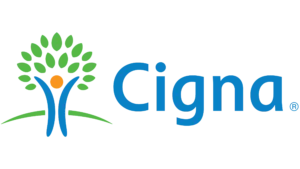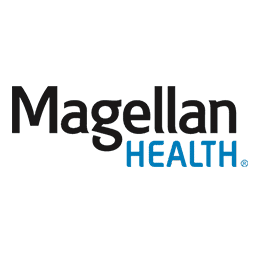At Full of Life Recovery, our fentanyl rehab programs in NJ combine compassion, clinical expertise, and genuine human connection. Our entire team approaches each person with deep respect and a commitment to providing the support, structure, and personalized care they need to heal emotionally, mentally, and physically. Of course, the cornerstone of successful fentanyl recovery is taking the first courageous step toward getting help.
Why Specialized Fentanyl Addiction Treatment Matters
Fentanyl addiction presents unique challenges compared to other opioids. Its potency causes tolerance to increase quickly, and withdrawal symptoms often begin sooner and feel more intense. This combination makes it extremely difficult and unsafe to stop without professional medical support.
For these reasons, specialized fentanyl addiction treatment in NJ is critical. At Full of Life Recovery, we develop individualized treatment plans tailored to each person’s needs and goals. Our mission is to provide care that is not only clinically effective but also deeply compassionate and human-centered.
Recognizing the Signs of Fentanyl Addiction
Although fentanyl addiction can look different for everyone, many people notice changes in their physical health, emotional stability, relationships, and daily responsibilities. They may experience shifts in sleep and appetite, increased cravings or withdrawal symptoms, or growing difficulty keeping up with work, school, or family obligations. Feelings of overwhelm, isolation, or losing control over substance use are also common. Because fentanyl is so potent, these symptoms can escalate quickly. It is important to remember that addiction is not a personal failure; instead, it is a medical condition that responds to supportive, evidence-based care.
Understanding the Risks and Overdose Concerns
The risk of overdose with fentanyl is significantly higher than with other opioids, because of the secretive addition of other substances without detection. Overdose symptoms can appear suddenly and require immediate medical intervention. This reality highlights the importance of seeking timely treatment. Entering a fentanyl rehab program in NJ provides safety, stability, and a clear path forward. Through structured support, individuals learn to manage triggers, rebuild confidence, and regain control of their lives.

PHP for Fentanyl Addiction: Structure and Stability During Early Recovery
Our Partial Hospitalization Program (PHP) is an ideal next step after detox or for individuals who need daily structure and intensive support. PHP allows individuals to engage in full-day clinical programming while still returning home each evening. This level of care is especially beneficial during the early stages of recovery, when cravings and emotional challenges may feel particularly strong.
During PHP, individuals participate in individual therapy, group therapy, relapse-prevention education, psychiatric support, and skills training focused on emotional regulation and healthy coping. This structured environment provides stability while allowing individuals to begin rebuilding their routines outside of treatment hours.
IOP for Fentanyl Addiction: Flexibility with Continued Support
As individuals become more stable, many transition into our Intensive Outpatient Program (IOP). IOP provides meaningful clinical support while allowing participants to return to work, school, or family responsibilities. Sessions occur several times per week and focus on emotional wellness, relapse prevention, communication skills, personal growth, and reinforcing healthy routines. The flexibility of IOP helps individuals maintain momentum in treatment while developing confidence and independence as they reintegrate into daily life.
Medication-Assisted Treatment (MAT) Coordination
Medication-Assisted Treatment (MAT) can play a vital role in reducing cravings, stabilizing brain chemistry, and supporting long-term recovery. We coordinate care with trusted New Jersey providers who prescribe Suboxone®, Methadone, or Naltrexone based on each person’s needs. Together, we develop a comprehensive plan that addresses both the biological and emotional aspects of recovery, ensuring that each person receives the full support they need to heal safely in a fentanyl rehab program in NJ.

Why Choose Full of Life Recovery for Fentanyl Rehab in NJ
Full of Life Recovery proudly serves individuals and families throughout Marlton, Cherry Hill, Voorhees, Moorestown, Mount Laurel, Medford, and the surrounding South Jersey communities. Our mission is to create a place where people feel seen, supported, and empowered. People choose our fentanyl addiction treatment programs because our care is clinically effective, compassionate, and individualized. We take the time to understand each person’s unique needs, develop a tailored treatment plan, and walk beside them every step of the way.
Start Your Recovery Journey From Fentanyl Today
If you or someone you love is struggling with fentanyl addiction, you deserve support that is both comprehensive and compassionate. Our team is here to answer your questions, explain your treatment options, and help you take the first step. Reach out today to learn more about our fentanyl rehab programs in New Jersey. Your new chapter begins with one courageous decision.





















